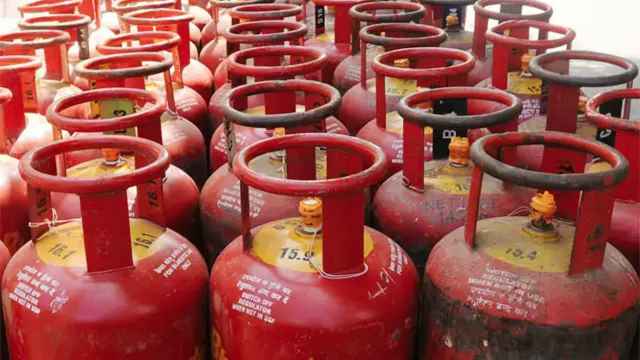Safety First: A Guide to Responsible LPG Usage in Homes and Businesses

When it comes to using LPG (liquefied petroleum gas) in our homes or businesses, safety should always be a top priority. LPG is a versatile and efficient fuel source, but it can also be hazardous if not handled and used properly. Here are some essential LPG gas safety tips to ensure that you can enjoy the benefits of LPG while minimizing any potential risks.
1. Installation and Maintenance
Proper installation and regular maintenance of LPG appliances and equipment are crucial for safety. Always hire a qualified professional to install your LPG system and ensure that it meets all safety standards and regulations. Regularly check for any leaks, damage, or wear and tear, and promptly address any issues that arise.
2. Gas Leaks
Gas leaks are a serious safety concern and should never be ignored. Familiarize yourself with the smell of LPG, which is similar to that of rotten eggs. If you detect a strong odor, hear a hissing sound, or notice any other signs of a gas leak, take immediate action:
- Do not use any electrical switches or appliances.
- Extinguish any open flames, including cigarettes and candles.
- Open windows and doors to ventilate the area.
- Turn off the gas supply at the main valve, if it is safe to do so.
- Leave the premises and contact your gas supplier or emergency services.
3. Proper Ventilation
Ensure that your LPG appliances and equipment are installed in well-ventilated areas. Proper ventilation helps to prevent the buildup of gas, which can increase the risk of accidents or health issues. If you are using LPG indoors, make sure that the room is adequately ventilated to allow for the safe dispersal of any gas that may be released.
4. Storage and Handling
When storing LPG cylinders, keep them in an upright position in a well-ventilated area away from any sources of heat or ignition. Do not store them in basements, cellars, or enclosed spaces. Always handle LPG cylinders with care, avoiding any rough or excessive force that could cause damage or lead to leaks.
5. Fire Safety
While LPG is generally safe when used correctly, it is highly flammable. To minimize the risk of fire:
- Keep flammable materials, such as paper, cloth, or chemicals, away from LPG appliances and cylinders.
- Install smoke detectors and fire extinguishers in your home or business premises.
- Regularly inspect and maintain any fire safety equipment.
- Have an emergency evacuation plan in place and ensure that all occupants are familiar with it.
6. Education and Training
Stay informed about LPG safety by educating yourself and your family or employees. Take advantage of resources provided by your gas supplier or local authorities, such as safety guidelines, training programs, and informational materials. Knowing how to properly use and handle LPG can significantly reduce the risk of accidents and ensure the safety of everyone involved.
7. Regular Inspections
Arrange for regular inspections of your LPG system by a qualified professional. These inspections can help identify any potential issues or safety concerns before they escalate. Regular maintenance and checks are essential for the continued safe operation of your LPG appliances and equipment.
By following these LPG gas safety tips, you can enjoy the benefits of LPG while ensuring the safety of yourself, your loved ones, and your property. Remember, safety is a shared responsibility, and by advancing safety together with expert advice and experience, we can create a safer environment for everyone.








